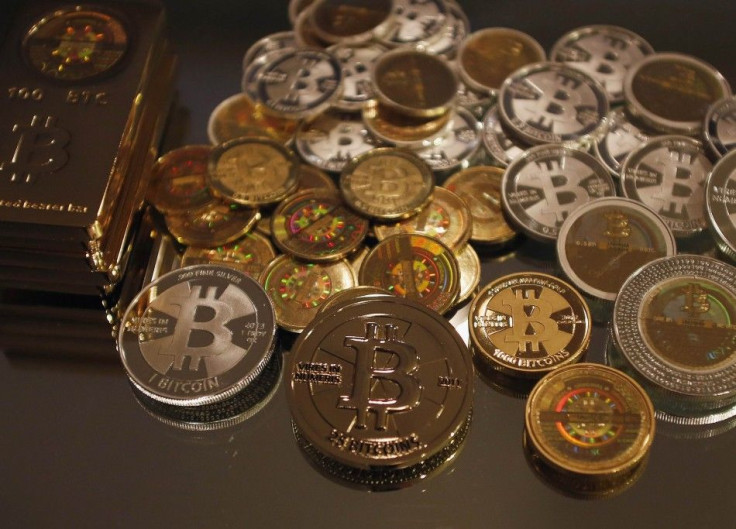Bitcoin Payments Allowed in New Zealand's 2Talk Telco

A small telecommunications company in New Zealand is now accepting Bitcoin as an alternative mode of payment. Auckland-based 2Talk announced it will be the first company in the local telecommunications industry to allow the digital currency as payment.
According to the Herald, the small firm specialises in voice-over-Internet-protocol (VOIP) products which allow phone calls using the Web instead of the traditional landline. 2Talk also offers broadband services which customers can pay with Bitcoin.
2Talk General Manager Jude Flood said their Kiwi customers are early-adopters of a new technology like Bitcoin. Accepting the digital currency is naturally an added service for their customers. Ms Flood added that the digital currency can simplify the payment process since it will only take about five seconds.
Customers who will pay with Bitcoin will be assured that the currency is converted in New Zealand currency during the time of payment. Ms Flood said any variation in currency will be absorbed by the company.
Earlier this week, it was reported that Bitcoin ATMs will be coming to Australia and New Zealand. According to ABC Online, Australian Bitcoin ATMs would be rolling out 100 ATMs in Australia as well as in Auckland, New Zealand.
CEO Chris Guzowski said Bitcoin owners can type the number of coins they want to sell. The ATM will connect to an international Bitcoin exchange and processes the transaction on their behalf. The ATM will release the cash once the Bitcoin exchange is successful. Those who want to buy Bitcoin can simply do so using the ATM and pay in cash.
Bitcoin is traded daily at 24 hours a day, unlike the stock exchange which observes certain times. The digital currency's value is determined by the amount of confidence the people have in Bitcoin. It has been slowly gaining acceptance by investors and the general public. But it has yet to be allowed as a mode of payment in major international retailer Web sites.
In November 2013, Bitcoin was traded at $215. The popular digital currency is neither supported by the Central Bank nor the government. Analysts speculate that Bitcoin's price surge will be seen as overvalued in a short amount of time due to its increasing demand but limited supply. According to CNET, Bitcoin is fluctuating in value between $750 and $900.





















